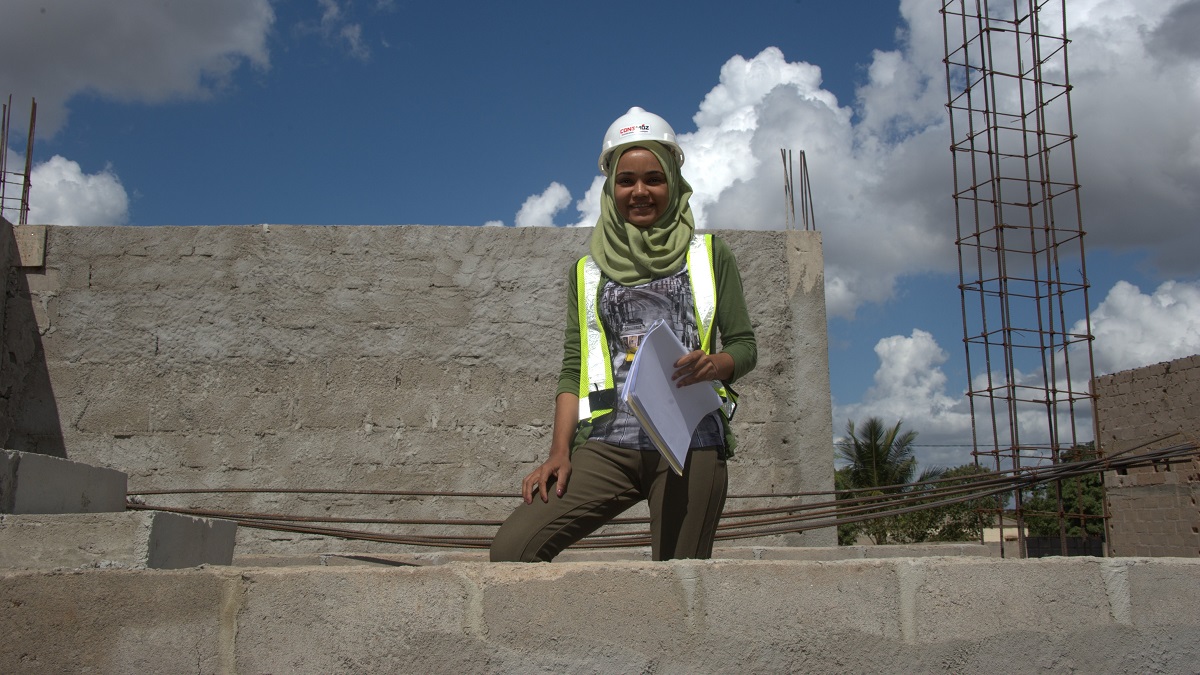A new UNCTAD publication looks at what it takes to make women-led businesses thrive in challenging times.
Mozambican Uneiza Ali Issufo steers a construction business she founded to thrive in what’s traditionally seen as a men’s industry.
Celebrating female entrepreneurship, UNCTAD on 21 November launched a publication entitled “Women in Business, building purpose-driven enterprises amid crises”.
It tells the stories of 21 women from developing countries who’ve defied myriad challenges to build successful businesses and have been trained through UNCTAD’s flagship capacity-building programme, Empretec.
“It is my hope that the stories of these 21 ‘Empretec champions’ and the ingenuity and resilience they display amid crises is a source of inspiration for other women and girls looking for role models and hope in these turbulent times,” UNCTAD Secretary-General Rebeca Grynspan said.
Empretec has trained more than half a million entrepreneurs from developing nations since 1988. The programme currently has 41 national business development centres globally, with 40 international master trainers and 600 local certified trainers.
Overcoming gender stereotypes
Personal entrepreneurial competencies are key to scaling up businesses and steering them into new directions, the publication shows.
“If you want to change the world, you have to change yourself first,” said Uneiza Ali Issufo, who founded ConsMoz, a dynamic construction company in Mozambique, overcoming gender stereotypes as she broke into a male-dominated industry.
Support from family also matters as women entrepreneurs launch and sustain enterprises.
Joyce Kyalema from Uganda owes her success to her father who provided her with quality education. She has built a pumpkin business named JOSMAK International from the ground up, helping rural women feed their families and boost income.
Driven by social responsibility
While expanding their businesses, these women entrepreneurs kept communities close to their hearts.
Rosana Marques, the founder of Ouseuse, a lingerie company based in the Brazilian town of Juruaia, wanted to build a business that serves the community and create job opportunities.
Starting in 1994 as a two-person business, the company has grown exponentially and propelled Juruaia into a lingerie capital, with many local women in its workforce.
Indian biochemist Kayan Motashaw ventured into the agrifood business because she cares deeply about food security.
Her company LivRite Foods trains farmers to improve beekeeping techniques so that they earn revenues all year round.
Women supporting each other
With entrepreneurship in her DNA, Zambia’s Angelica Magdallen Rumsey founded Angel Bites, which began as a takeaway food delivery business and later blossomed into a multi-product shop selling local produce.
Having overcome gender bias to achieve success, she’s determined to pass her knowledge on to help nurture younger women entrepreneurs.
Fatou Gaye, who created Gaye Njorro Skills Academy in The Gambia, is also supporting younger women entrepreneurs.
“If a woman is supported, a nation is built. Because a woman will support another one and whomever they come across,” Ms. Gaye said.
World needs more women entrepreneurs
Despite some progress, women’s power in business remains limited. UNCTAD’s previous estimates showed that between 2010 and 2019, 68% of firms worldwide didn’t have any women ownership, while only 16% were owned by women.
The estimates show that such underrepresentation could undercut economic growth and decent employment and that income lost due to women’s inactivity in business can reach up to 30% of GDP in countries with wide gender gaps.

